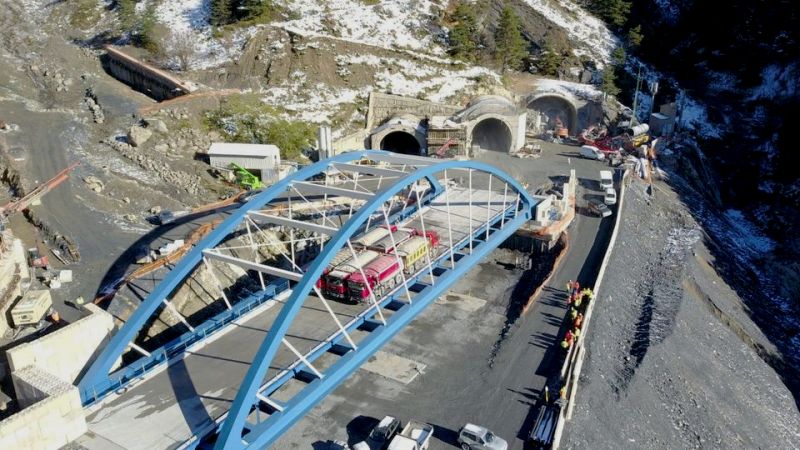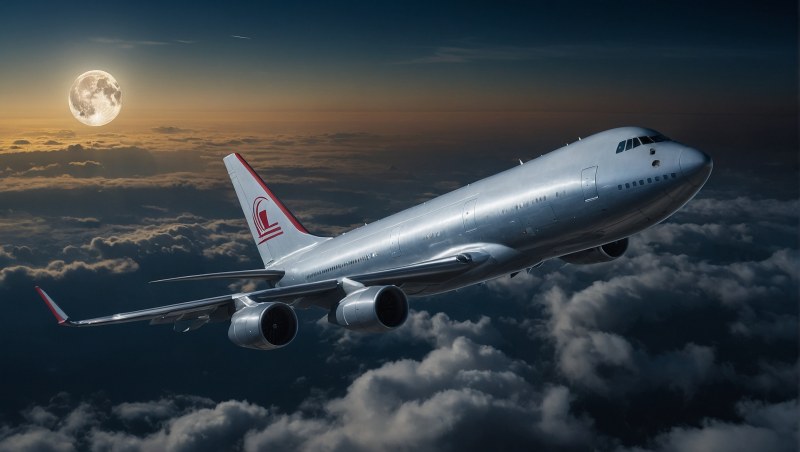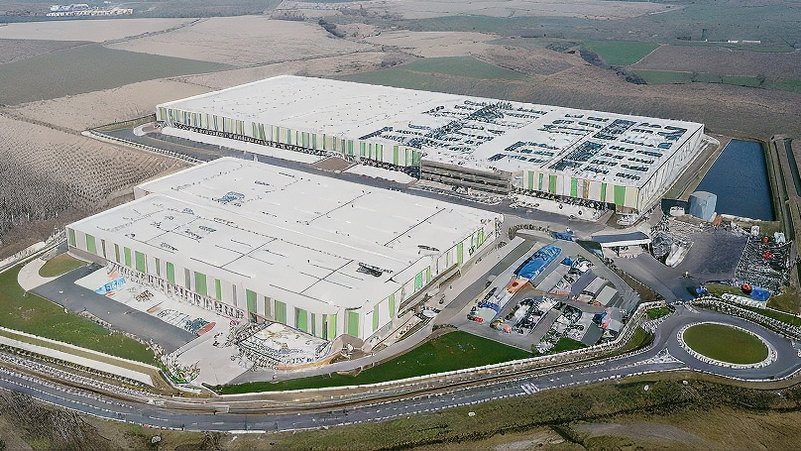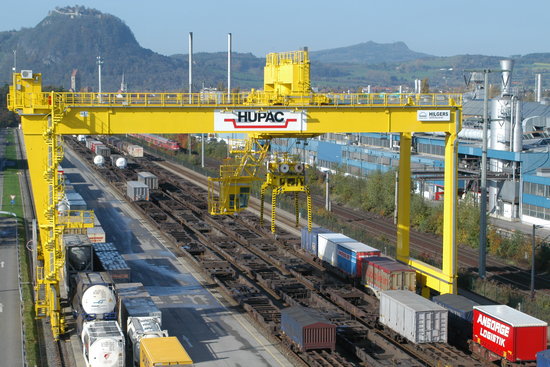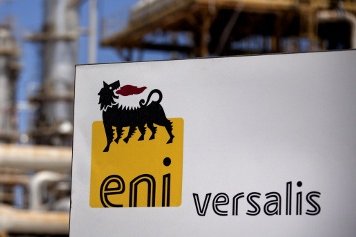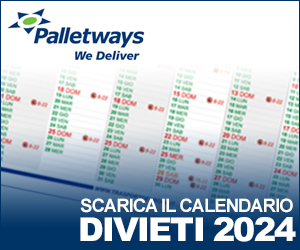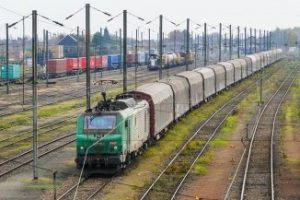The Swiss-based Hupac Group transported about 975,000 intermodal shipments (1.866 million TEUs) in 2023, reflecting a drop of around 130,000 shipments, or 11.7%, compared to the previous year. This negative trend affected all transport segments within Hupac's European network, though to varying extents. In its main market of transalpine transport through Switzerland, Hupac recorded a relatively contained decline of 7.6% to 540,000 shipments.
The company cites the decrease in transport demand across Europe, a trend that began in the fall of 2022 alongside the energy crisis and the war in Ukraine, which then impacted the global economy throughout 2023. However, infrastructural problems, especially in Germany, also played a role. Hupac points out that neglected maintenance and inadequate planning of construction works at national and international levels have led to capacity reductions, delays, and cancellations across many corridors.
The severe incident in the Gotthard Base Tunnel in August 2023 further exacerbated these issues, though according to Michail Stahlhut, CEO of the Hupac Group, the impact on freight transport was mitigated thanks to effective solutions developed in collaboration with Swiss Federal Railways. He adds, "We expect the imminent and necessary overhaul of the German railway network to be handled in a market-compatible manner, to not undermine the politically desired transport conversion from the outset."
This situation is worsened by significant increases in railway system costs, with double-digit percentage rises making the services disproportionately expensive. Stahlhut emphasizes the urgent need to halt the shift of traffic from rail to road, a move complicated by the unplanned reduction of subsidies for track costs in Germany, deteriorating the conditions for combined transport and inevitably leading to additional costs being passed onto the market.
Conversely, Hupac appreciates the Swiss Federal Office of Transport's incentive policy for its stability and counter-cyclical effect, reinforcing market confidence and long-term support. Hans-Jörg Bertschi, chairman of the Hupac Board of Directors, insists on the importance of ongoing support for transalpine combined transport and warns against neglecting long-distance transport, which is at risk of reverting to road due to the precarious railway performance situation.
Equally important as market-oriented funding are key infrastructure measures to ensure capacity and stability of the north-south corridor. The Swiss company considers the Lauterbourg-Strasbourg-Basel and Antwerp-Metz-Basel routes crucial for modal shift development, thus requiring adjustments to meet freight transport needs. Even smaller measures, such as the provision of staging tracks, offer tangible benefits, allowing trains to wait for onward travel during interruptions, rather than being blocked at departure.
To address this situation, Hupac is adjusting its services according to market needs, as explained by Alessandro Valenti, Director of Shuttle Net: "In some cases, we have temporarily consolidated departures, while for other services, we have been able to expand transport offerings, such as for the Benelux-Italy corridor with additional departures between Zeebrugge and Novara and Busto Arsizio, and with a new service to Piacenza starting in February 2024." Another development is the increase in frequencies on the Rotterdam-Warsaw/Brwinów line.
Specifically, the enhancement of the transalpine network includes increasing the frequency of the Zeebrugge-Novara service from nine to ten weekly trips, the Zeebrugge-Busto Arsizio service from five to six weekly trips, and a new Zeebrugge-Piacenza connection with two weekly trips.
Hupac is also continuously working on factors that strengthen the productivity and competitiveness of combined transport over the long term: "Longer and heavier trains, efficient terminals, enhancing competition through the promotion of private railway companies, and digital transformation are the most important elements for the success of combined transport," states Stahlhut. Furthermore, significant investments are underway for terminal infrastructure in Italy, Germany, and Spain.



